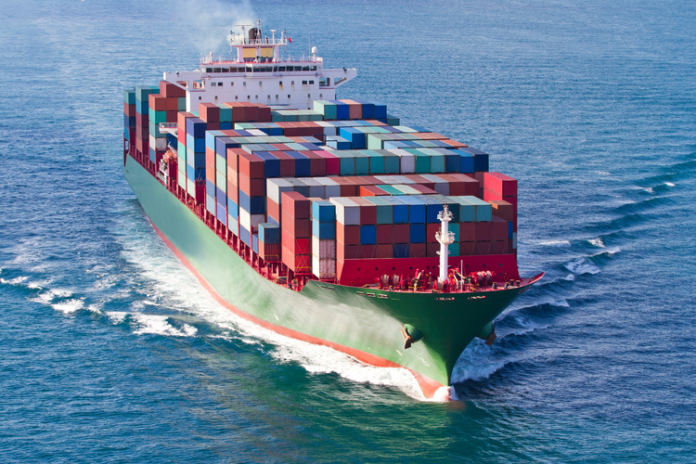Foreign vessels quit Nigeria, scarcity may further raise freight rate
By Jeph Ajobaju, Chief Copy Editor
Up to 50 per cent of foreign trading vessels have exited Nigerian waters in the past 16 months because of the rise of freight rate to 70 per cent, according to Nigerian Chamber of Shipping President Aminu Umar.
Insecurity and bad policies also contribute to the exodus, he said, noting it has led to the scarcity of ships in the West African region, shooting up the freight rate further.
According to Umar, there is a more robust market for vessels in Europe than in Africa due to the Russian-Ukrainian war.
“About 40 to 50 per cent of vessels plying the Nigerian waters have returned to Europe between 2022 and date. So 40 per cent of the capacity has moved back to Europe,” he explained.
________________________________________________________________
Related articles:
NIMASSA ramps up arsenal against maritime crime
Pirates revel in lax security to increase attacks on vessels at Lagos ports
Badagry Port to generate $2.6b, create 5,000 jobs
__________________________________________________________________
Foreign-owned vessels
“The truth is that these are foreign-owned vessels trading within the West African sub-region, which includes Nigeria,” Umar added, per Daily Post.
“So what it means is that it has created scarcity which will increase the freight rate. So the freight rate has gone up by almost 70 per cent due to this. There is a 70 per cent increase in freight rate, which went up to 100 per cent before but has reduced to 70 per cent.”
Federal lawmakers about five months ago passed a bill to restrict foreign vessels from operating in Nigeria as insecurity permeates the waterways.
Lack of local ship ownership costs Nigeria $50b
Nigeria lost more $50 billion to foreign ship owners between 2018 and 2022, according to sources at the Ministry of Finance, Budget and Planning in Abuja.
Between 2015 and 2017, the treasury lost about $25 billion to foreign ship owners, with additional $25 billion lost between 2018 and 2022.
A senior official at the ministry confirmed in February 2022 that more than $20 billion was paid as freight for dry and wet cargoes to foreign ship owners in 2018 and 2019 due to the absence of Nigerian-owned fleet plying international routes.
He said the trend had been recurring over the years, which led to an estimated loss of over $9 billion in 2010 in freight opportunity.
According to him, about $9.60 billion was freight opportunity loss from import and export of dry and wet cargoes in 2020.
The Nigerian National Petroleum Company (NNPC), the official said, needed to encourage subsidiaries to engage indigenous shipping companies in their businesses.
He urged the NNPC to grant local shipping companies the right of first refusal in crude oil lifting contracts, to help sustain their business and grow the economy.
This, he said, would enable local companies take control of the shipping business in line with the diversification policy of the government.
In his view, indigenous fleet owners need to enjoy greater patronage and participation in the oil and gas maritime business, facilitated by the Ministry of Finance, Budget and Planning which plays an important role in fiscal policy.














